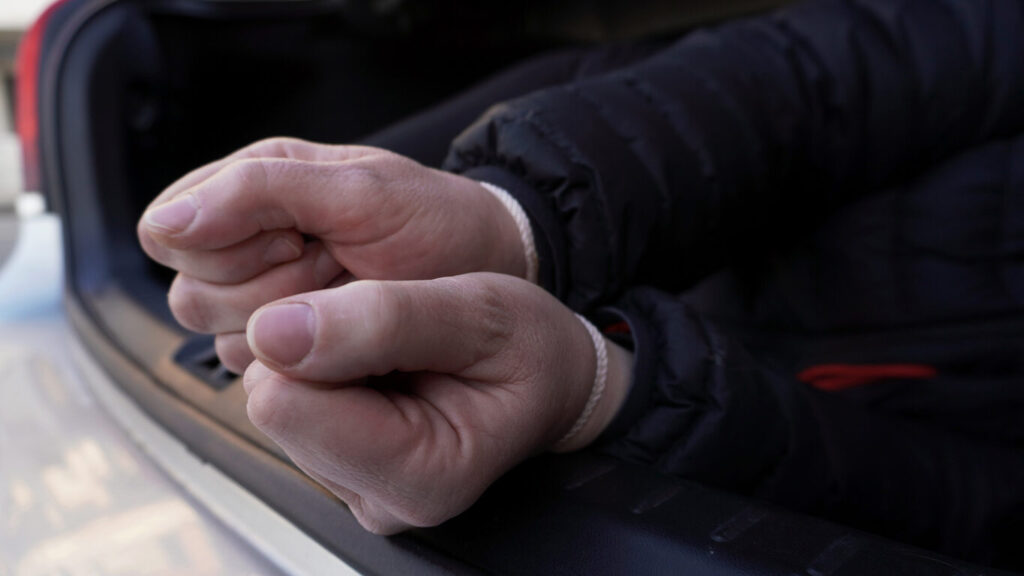Rideshare should mean safe, convenient transportation. Too often, it does not. Recent reporting and court filings indicate that Uber received vast numbers of sexual assault and sexual misconduct reports over a multi-year period. The patterns are consistent. Most incidents occur late at night or on weekends, often near bars, with women most frequently victimized and men most commonly reported as offenders.
Survivors deserve clear guidance, privacy, and a legal strategy that targets everyone responsible. David W. Martin Accident & Injury Lawyers helps South Carolina survivors do precisely that.

What the Latest Reporting Suggests About Risk
Public safety summaries tell only part of the story. Internal materials described in litigation and investigative reporting suggest Uber studied assaults for years, identified predictable risk patterns, and tested tools that could reduce harm.
Examples include higher-risk dispatch scoring, optional audio or video recording, and pairing women riders with women drivers. Some of these tools were deployed on a limited or optional basis. Others were delayed or never required. Reports also acknowledge that sexual misconduct is frequently underreported because riders fear retaliation or feel ashamed.
Why this matters to your case: When a company knows about patterns and viable safeguards but does not use reasonable measures to reduce risk or warn users, that evidence can support negligence and punitive damages claims.
How Liability Works In South Carolina Rideshare Assault Cases
Every case is fact-specific. Survivors may have claims against multiple parties.
They include:
- The driver. Civil claims can include assault, battery, false imprisonment, and intentional infliction of emotional distress.
- The rideshare company. Potential theories include negligent hiring, negligent retention, negligent supervision, negligent failure to warn, and negligent design or operation of the platform. Where facts show conscious disregard for known risks, punitive damages may be available.
- Other at-fault parties. A bar, hotel, property owner, or security vendor may share responsibility if conditions on the premises contributed to the assault, or if overservice or security failures played a role.
Our team evaluates each pathway, preserves the proper evidence from the app and third parties, and pursues the full measure of compensation allowed by South Carolina law.
What To Do Immediately After an Assault in a Rideshare
A clear plan helps protect both health and legal rights.
It includes:
- Getting medical care now. Go to a hospital or clinic. Ask about a forensic exam. You control what testing occurs.
- Reporting to law enforcement when ready. A police report creates a public safety record and helps preserve time-sensitive evidence such as surveillance video.
- Preserving app evidence. Take screenshots of the trip receipt, driver profile, route map, messages, and any automated safety notices. Save text messages and call logs. Do not delete the app.
- Writing a timeline. Note pickup location, route deviations, stops, and anyone you spoke with. Include times to the minute if possible.
- Avoiding direct contact with the driver or the company’s insurance. Refer outreach to your lawyer so nothing is used to undermine your claim.
- Reaching out for legal help. An attorney can request urgent preservation of GPS data, dispatch records, and video, which can disappear quickly.
How We Build These Claims For South Carolina Survivors
Survivors need a process that is private, trauma-informed, and relentless about evidence. That is what David W. Martin Accident & Injury Lawyers provide.
Including:
Evidence preservation. We send immediate preservation letters to the rideshare company and any property owners. We request dispatch data, GPS breadcrumbs, route deviations, in-app safety alerts, prior complaints against the driver, and rating histories.
Third-party proof. We secure 911 audio, body-worn camera, hotel or street cameras, doorbell video, bar receipts, and cell location records that confirm movements and stops.
Privacy protections. We request protective orders to shield sensitive medical and counseling records. We coordinate with prosecutors so the civil and criminal cases strengthen one another without compromising either.
Expert support. When needed, we work with forensic examiners, toxicologists, and trauma clinicians to document harm. We also consult security and transportation experts on platform policies and foreseeable risks.
Our goal is to create a clear, corroborated record that explains what happened, why it was preventable, and what full compensation should include. We discuss each path, including how to keep identifying details private, how to limit unnecessary records requests, and how to avoid retraumatization during testimony.
Why Choose David W. Martin Accident & Injury Lawyers
You deserve a team that believes you, protects your privacy, and knows how to litigate against large transportation networks. Our firm has the resources to move quickly, the sensitivity to center your voice, and the resolve to hold every responsible party accountable. We will focus on your well-being while building the strongest case the evidence allows.
If you or someone you love was sexually assaulted during a rideshare trip in South Carolina, contact David W. Martin Accident & Injury Lawyers at 803-258-6199 for a confidential consultation.
Your conversation with us is private. Your rights and safety come first.





